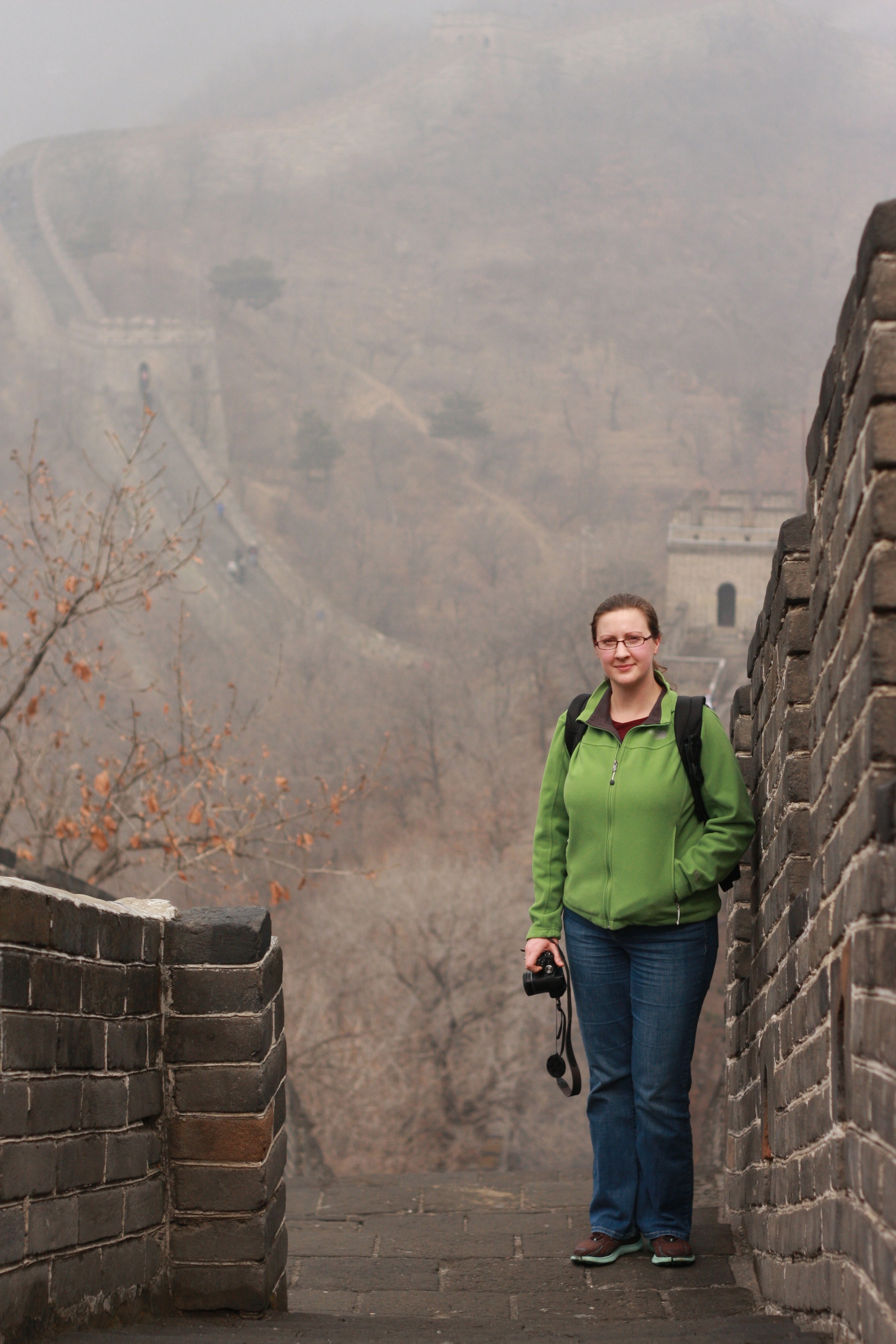Executive master of natural resources graduate named Presidential Management Fellowship finalist

Danielle Williams of Falls Church, Va., who received an executive master of natural resources degree at Virginia Tech’s National Capital Region on May 13, has been named a finalist for a Presidential Management Fellowship, a highly competitive two-year post-graduate fellowship with a federal agency. Finalists are selected for their exceptional leadership qualities, and agencies groom them to be future policymakers and leaders.
She is among the first class of students to graduate from the intensive 18-month Executive Master of Natural Resources program in Leadership for Sustainability, which is part of the College of Natural Resources and Environment’s graduate programs in the National Capital Region. Williams, who has until January to secure a position with a fellowship hosting agency such as the Department of the Interior or the Environmental Protection Agency, says she is particularly interested in environmental education, green infrastructure, forest recreation, and sustainability issues.
“One great aspect of being a Presidential Management Fellowship finalist is that it opens doors to people and opportunities in the federal government that I may not have access to otherwise,” Williams said. “I’m grateful to have been chosen.”
Williams is a grants administration specialist with Laurel Consulting Group, under contract with the Department of Health and Human Services. She has eight years of experience in grants administration, project management, and research at Laurel Consulting, the National Geographic Society, and the international Sasakawa Peace Foundation, and has held volunteer leadership positions with the Green Team Project, a grassroots environmental nonprofit organization. She has an undergraduate degree in political science with a minor in Japanese from the University of California at Santa Barbara.
Established by President Jimmy Carter in 1977, the Presidential Management Fellowship program is sponsored by the Office of Personnel Management. Candidates, who are nominated by their schools, face an arduous application process, including an online skills assessment and an in-person interview focused on project management. Fewer than 10 percent of the 9,000 applicants become finalists.
“As I’ve watched the Presidential Management Fellowship program get increasingly competitive over the last decade, it was rewarding to have a student we felt would be able to effectively represent Virginia Tech and our program,” said Michael Mortimer, director of natural resources programs for the College of Natural Resources and Environment in the National Capital Region, who nominated Williams.
Acceptance into the Presidential Management Fellowship program will give Williams an opportunity to fully utilize skills acquired in Virginia Tech’s Executive Master of Natural Resources program. During her graduate studies, she worked with classmates on projects for real-world clients, including organizations such as the World Business Council for Sustainable Development, The Nature Conservancy, and the U.S. Forest Service. She spent 10 days in China with her student cohort designing a sustainability strategy for the Linden Centre, a leading hotel and educational tourism provider in the Upper Mekong River watershed.
“The inaugural cohort of 20 students, of which Danielle was a part, was composed of pioneers and early adopters,” said David Robertson, director of the Executive Master of Natural Resources program. “At times, they have referred to themselves as guinea pigs, but they fully recognize they are innovative leaders in the field of sustainability.”
“This executive program is the first of its kind in the United States, if not the world, integrating advanced leadership and professional development skills with environmental sustainability goals in a global context,” he continued.
A new cohort of 16 to 24 students enters the program each January. The students, who come from across the country and around the world, meet in the classrooms at the Virginia Tech Research Center in Arlington one weekend a month and work on off-campus projects the rest of the time.
“The students have diverse undergraduate degrees and professional expertise in engineering, architecture, environmental science, urban planning, and related fields,” Robertson added. “As a result, we are able to do some really interesting things in the classroom. We leverage this diversity of skills and have students work in interdisciplinary teams on real projects for clients.”




